
Read or listen offline
Recommendation
COVID-19 may have accelerated the rise of digital technologies, but even after the pandemic resolves, increased digitization will continue, bringing profound changes to the world of work. According to experts at the Boston Consulting Group and analytics firm Faethm, policy makers and business leaders cannot simply think of digitization’s effects in terms of jobs lost or gained; deeper insights are required to prepare for what’s to come. To that end, this report examines how the adoption of new technologies will create both significant labor shortfalls and surpluses by 2030, and suggests how leaders in the public and private sectors can help build a workforce to meet these challenges.
Take-Aways
About the Authors
Rainer Strack, Miguel Carrasco and Philipp Kolo are partners at the Boston Consulting Group – a leading management consulting firm. Nicholas Nouri and Richard George are data scientists, and Michael Priddis is CEO of Faethm – a unique SaaS analytics platform.








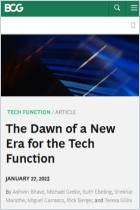
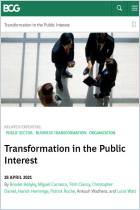

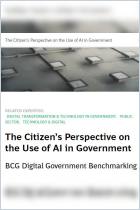

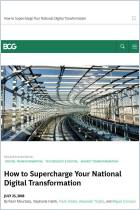

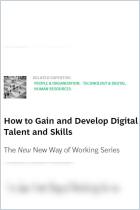
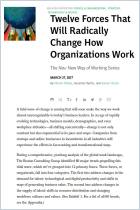



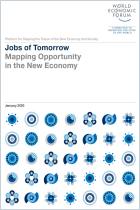

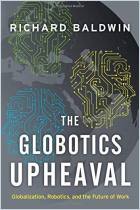



Comment on this summary or Start Discussion